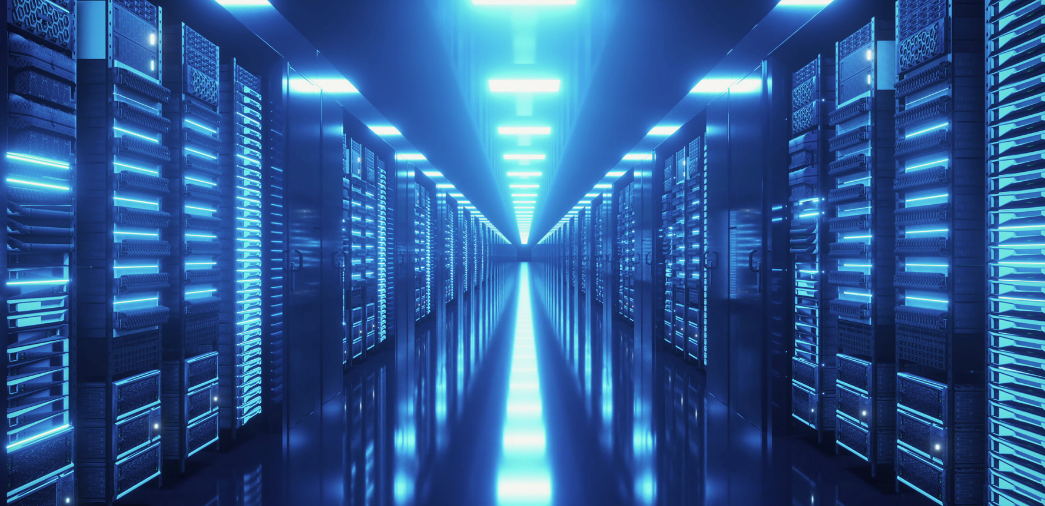Technology moves fast. We rely on devices, apps, and tools daily to make our lives easier. But have you ever wondered what powers it all? The answer lies in data centers. These facilities store, manage, and process the data that runs the world.
The French data center market is located in Western Europe and within Europe. France has 170 facilities, 2,171,442 sqft, and 663 megawatts.
From streaming your favorite shows to supporting businesses, data centers work quietly in the background. They aren’t just storage spaces; they are the backbone of modern technology. Let’s explore how data centers shape the future and why they matter to you.
1. Enable Seamless Connectivity
Acting as critical hubs for storing and sharing data across continents, data centers ensure seamless communication. Every time you send a message, make a video call or access online content, they make it happen instantly, connecting the world effortlessly.
- They manage the vast amounts of data between your device and the internet.
- Businesses use these to stay connected with their customers through apps and websites.
- Streaming platforms depend on data to deliver shows without interruptions.
This constant connectivity impacts every part of your life. Whether you work online, shop, or chat with friends, it makes it smooth and reliable.
2. Power Cloud Technology
Cloud services exist because of Data hubs. They give businesses and individuals access to massive storage without physical servers.
Cloud technology allows you to:
- Store files securely without worrying about losing them.
- Run applications that require high processing power.
- Collaborate with teams from different locations.
Data hubs make these benefits possible by hosting the cloud infrastructure. This also means your favorite apps and services run efficiently, like file-sharing platforms and streaming tools. Without them, the cloud would not exist.
3. Drive AI and Machine Learning
AI and machine learning need powerful systems to process huge amounts of data. Data hubs provide the necessary infrastructure.
- AI tools analyze patterns, predict outcomes, and automate tasks in real time.
- Machine learning models learn from stored data to improve apps, tools, and technologies.
- Advanced computing in data supports industries like healthcare, finance, and logistics.
For instance, the AI systems that recommend products or assist in medical diagnoses depend on data to process information instantly. This makes AI more accessible and useful in everyday life.
4. Support Green Technology
Sustainability is the future, and Data hubs are adapting to reduce their environmental impact. Modern Data hubs focus on energy efficiency and renewable energy sources.
- Many facilities use solar and wind power to operate.
- Energy-efficient cooling systems minimize waste and keep servers running optimally.
- Green Data hubs reduce carbon emissions while delivering high performance.
These advancements in green technology show that it drives innovation and takes responsibility for the planet. Adopting eco-friendly practices paves the way for a sustainable tech-driven future.
5. Empower Businesses to Innovate
Businesses depend on Data hubs to grow and compete. They provide the tools and space needed to handle large-scale operations.
With the help of it, businesses can:
- Store customer data securely.
- Run complex analytics to understand trends and behavior.
- Launch new services with confidence, knowing they have reliable infrastructure.
From small startups to global corporations, every business benefits from the power and reliability of Data hubs. They allow companies to focus on creativity and strategy while Data hubs handle the technical side.
Conclusion
Data centers do more than store data. They create a connected, innovative, and sustainable workplace and influence every part of life, from powering the cloud to driving green technology. Businesses, individuals, and industries rely on them for efficiency and reliability.
When you think about how technology will evolve, remember that Data hubs will always play a key role. They are the silent drivers of change, pushing the boundaries of what’s possible.
Data hubs don’t just store data; they shape the future.



